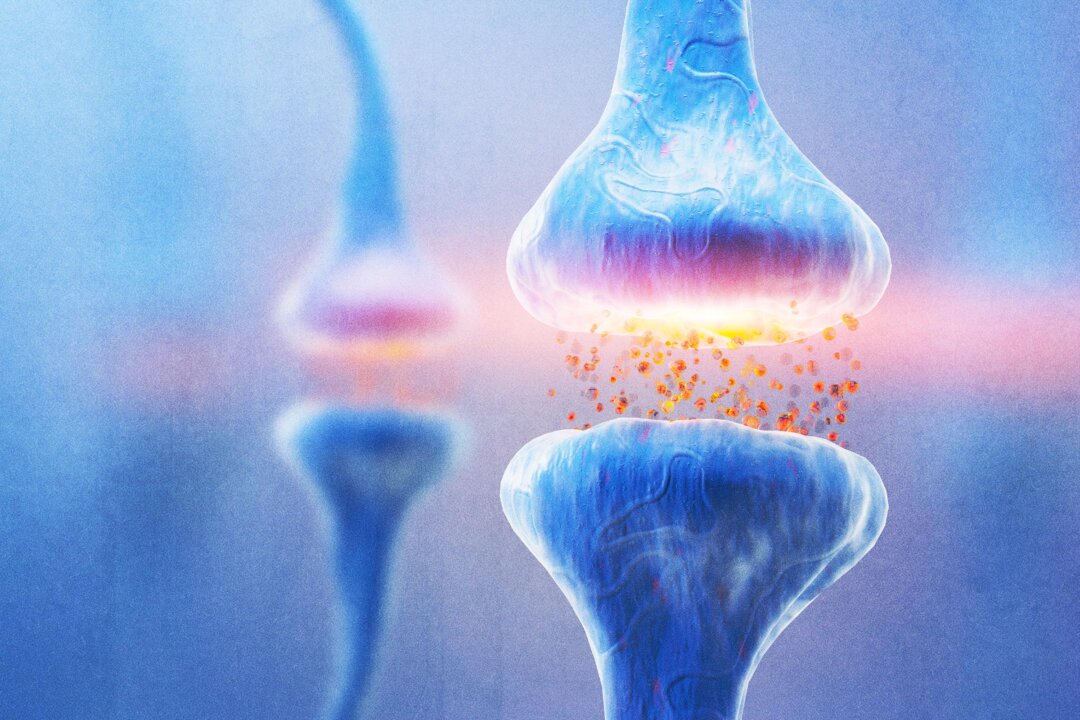In ancient times, the physician Galen observed a curious connection between mood and appetite, attributing it to the balance of “humors” in the body. Today, modern science has replaced the concept of humors with a more nuanced understanding of brain chemicals, such as dopamine and serotonin, and their significant role in regulating appetite and blood sugar levels.
These neurotransmitters, when imbalanced, can disrupt the body’s internal rhythm, leading to persistent snacking, fluctuating energy levels, and erratic blood sugar patterns. Such swings in blood sugar can further impair neurotransmitter function, exacerbating cravings, mood swings, and fatigue.
The Science Behind Neurotransmitters and Appetite
Neurotransmitters are chemical messengers in the brain that play a crucial role in regulating mood, appetite, and energy. Dopamine, often referred to as the “feel-good” neurotransmitter, is linked to pleasure and reward, influencing eating behaviors. Serotonin, on the other hand, helps regulate mood and appetite, often associated with feelings of satisfaction and fullness.
When these chemicals are out of balance, the body may experience a range of symptoms. For instance, low levels of serotonin can lead to increased cravings for carbohydrates, as the body seeks to boost serotonin production. Similarly, dopamine deficiencies can result in a lack of motivation and increased desire for sugary foods, which provide a quick, albeit temporary, mood lift.
Dietary Choices and Blood Sugar Stability
According to Whitney Linsenmeyer, a registered dietitian, making informed dietary choices can help stabilize blood sugar levels and support healthy neurotransmitter function. “When we focus on foods with a low glycemic response, such as whole grains, beans, and vegetables, and limit high-glycemic foods like refined grains and added sugars, we can stabilize blood sugar and support brain chemicals,” she explained in an interview with The Epoch Times.
“When we focus on foods with a low glycemic response, such as whole grains, beans, and vegetables, and limit high-glycemic foods like refined grains and added sugars, we can stabilize blood sugar and support brain chemicals.” — Whitney Linsenmeyer, Registered Dietitian
The glycemic index (GI) measures how quickly foods raise blood sugar levels. Foods with a low GI are digested more slowly, leading to a gradual release of glucose into the bloodstream, which helps maintain stable energy levels and supports neurotransmitter balance.
Historical Context and Modern Implications
The relationship between diet, mood, and health has been a subject of interest for centuries. Galen’s observations laid the groundwork for understanding how our mental state can influence physical health. Today, the growing field of nutritional psychiatry continues to explore these connections, offering insights into how dietary interventions can support mental well-being.
Research indicates that diets rich in whole foods, such as the Mediterranean diet, which emphasizes fruits, vegetables, whole grains, and healthy fats, can positively impact mental health. These diets are associated with lower rates of depression and anxiety, suggesting that what we eat profoundly affects how we feel.
Looking Ahead: The Future of Nutritional Psychiatry
As the understanding of the interplay between diet, brain chemistry, and mental health deepens, there is a growing interest in personalized nutrition plans that cater to individual biochemical needs. This approach could revolutionize how we address mental health issues, offering tailored dietary recommendations to support neurotransmitter balance and overall well-being.
Meanwhile, public health initiatives continue to emphasize the importance of balanced diets and regular physical activity as foundational elements for maintaining both physical and mental health. As research progresses, the hope is that more people will recognize the power of nutrition in shaping not only their physical health but also their mental resilience.
In conclusion, the intricate relationship between brain chemicals, appetite, and blood sugar regulation underscores the importance of a balanced diet in maintaining both physical and mental health. As science continues to unravel these connections, individuals are empowered to make informed choices that support their overall well-being.




































































